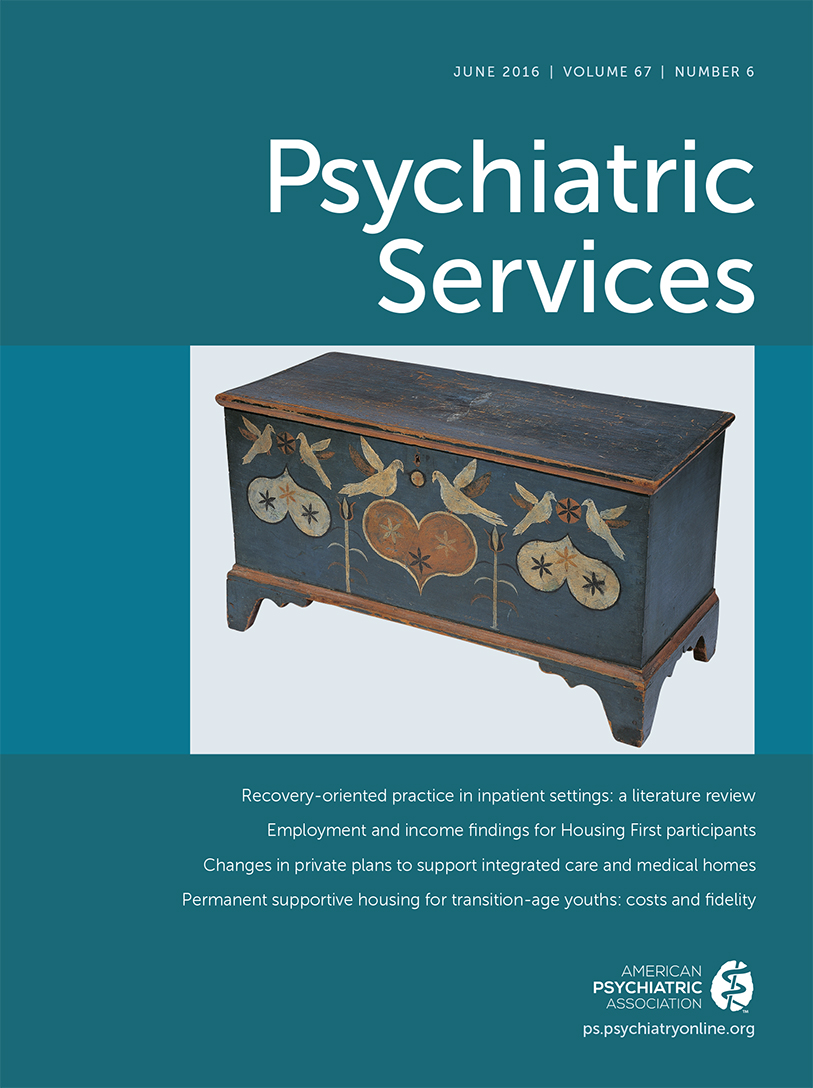Marketing Residential Treatment Programs for Eating Disorders: A Call for Transparency
Abstract
Residential behavioral treatment is a growing sector of the health care industry and is used by a large proportion of adolescent and adult patients with eating disorders. These programs and the organizations that own them have developed extensive marketing strategies that target clinicians and include promotional gifts, meals, travel reimbursement, and continuing education credit. Legislation and policy changes have limited these types of activities when conducted by the pharmaceutical industry, and awareness of conflicts of interest associated with clinician-targeted advertising of drugs and devices has increased. However, similar practices by the behavioral health care industry have evolved without oversight. The authors urge clinicians to consider how marketing strategies by treatment facilities may influence their referral behaviors and call for improved transparency regarding gifts and payments from treatment facilities.



